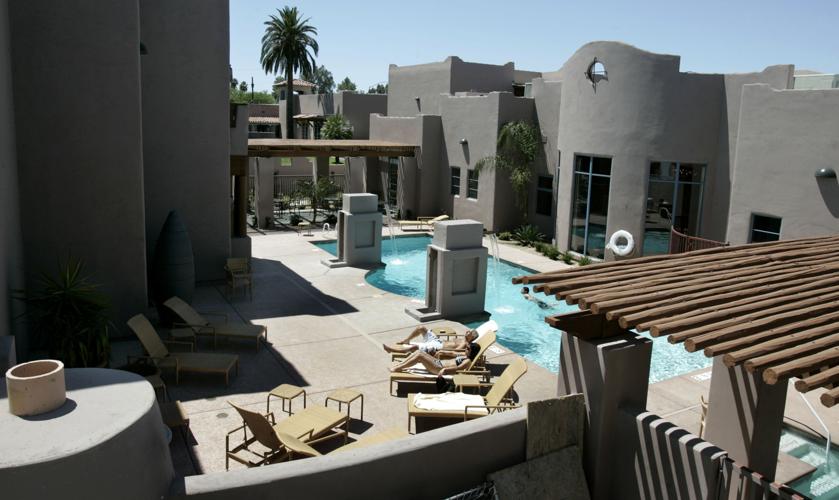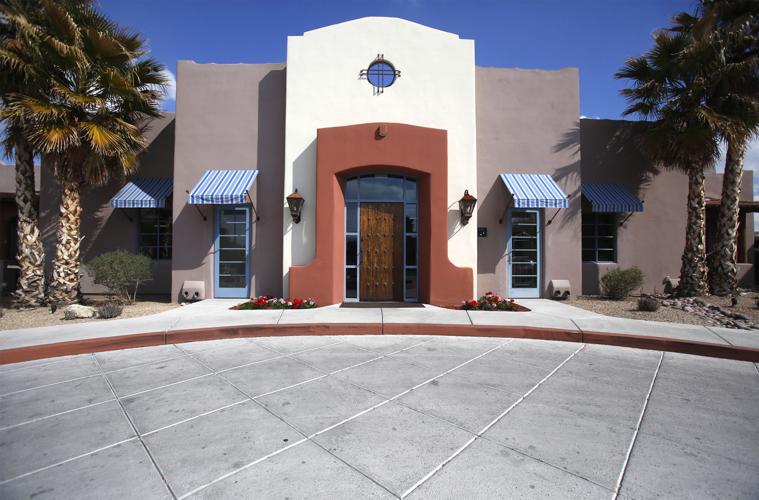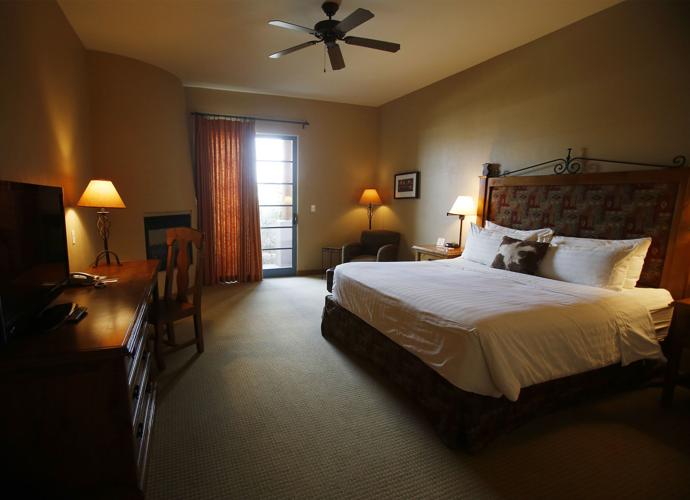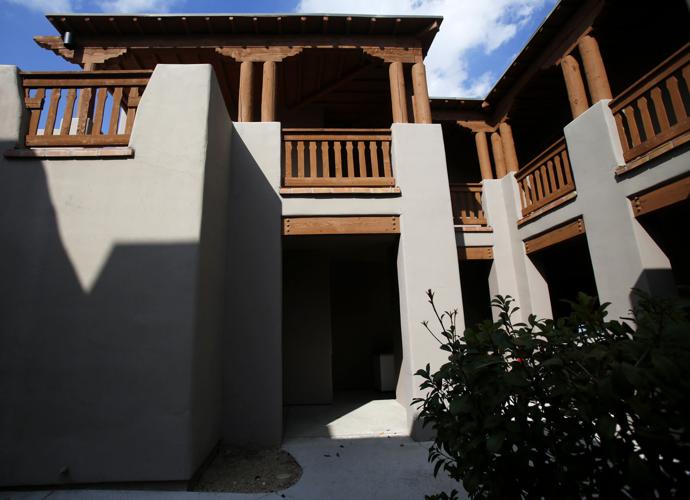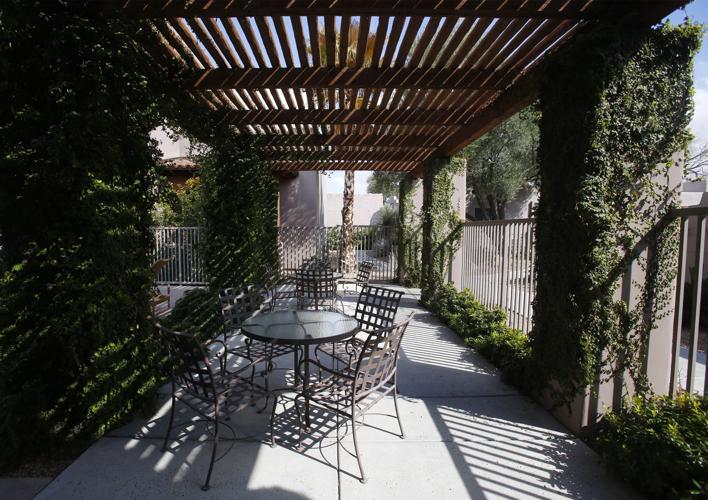The future of Tucson’s historic Lodge on the Desert is at stake in a battle for control of the property playing out in bankruptcy court.
Hotel owner Lodge Partners LLC last week filed for Chapter 11 bankruptcy reorganization for the second time in three years, saying it has arranged new financing that will allow the hotel to continue operations and successfully reorganize.
The creditor that acquired the hotel’s debt, however, contends that Lodge’s latest bankruptcy filing is a “back-door attempt” to amend a failed reorganization plan approved last year.
The creditor, Palatine Tucson LLC, has asked the bankruptcy judge to dismiss the case and has scheduled a Jan. 5 foreclosure sale of the 103-room boutique hotel at 306 N. Alvernon Way.
Meanwhile, Lodge Partners says a receiver appointed for the hotel in a state foreclosure action has improperly taken control of the hotel’s finances and hamstrung hotel operations.
Hotel managers have been unable to get an accounting of funds the receiver has “swept” from the Lodge’s accounts and the receiver has bounced some checks to vendors and employees, said Michael McGrath, a bankruptcy attorney representing Lodge Partners.
“We today don’t know what money has been collected and what monies have been spent,” McGrath told U.S. Bankruptcy Judge Brenda Moody Whinery at a hearing in Tucson on Thursday.
Lodge Partners in turn has asked Whinery to force the receiver, San Diego-based Trigild Inc., to turn over control of the hotel accounts to Lodge’s existing management company.
Whinery put off a hearing on the turnover motion for a week, until Dec. 8.
The judge also delayed judgment on other key issues — including a request to use available cash to keep the business going — but she did approve an emergency order authorizing payment of wages and benefits to the Lodge’s 74 employees.
Bankruptcy case filed “in good faith”
McGrath said the latest bankruptcy case was filed in good faith, with new management, new access to capital and the ability to confirm a plan to pay creditors. Lodge wants the hotel’s existing contract management company, Coastal Hotels Group, to retain management of the property.
He said the debtor company has arranged for financing to pay off about $350,000 in state and local sales and property taxes, and to make “substantial” payments to unsecured trade creditors.
Another secured creditor, Lodge in Tucson LLC, has pledged to provide up to $250,000 to finance operations and improvements to the hotel, and the company has hired a turnaround expert to manage the hotel, McGrath said.
In a filing with the court, Lodge Partners blamed the second bankruptcy on unforeseen factors, including prolonged litigation over a construction defect that resulted in storm damage to the property.
Lodge also cited a mistake in the handling of $150,000 in trust funds intended to complete the previous reorganization plan that allowed garnishment of most of those funds by Wells Fargo.
Those issues cost the company some $350,000 it intended to use to reorganize, McGrath said.
In filings, Lodge has painted Palatine as an “opportunist investor” that acquired the hotel’s debt at a discount in hopes of reaping a windfall, with no interest in a successful bankruptcy reorganization.
But Palatine contends Lodge filed the second bankruptcy “for the improper purpose of modifying their failed plan” and that the company faced no unforeseen circumstances that would warrant a new bankruptcy case.
At Thursday’s hearing, Palatine attorney David Engelman said his client is willing to cooperate to keep the hotel operating but has little confidence in Lodge’s ability to turn the operation around.
“From my client’s view, it’s ‘here we go again; what’s going to be different?’” Engelman said. “We’re looking for some finality.”
Palatine in court filings said it reached a forebearance agreement with Lodge agreeing to forgo repayment of $12.7 million in debt in June, but Lodge failed to meet a payment deadline in September.
Palatine has not proposed any plan to recapitalize the hotel.
At Thursday’s hearing, Whinery said she was leery of keeping the receiver appointed by the state court, questioning whether the receiver would be accountable to the federal bankruptcy court.
Chapter 11 bankruptcy protects debtors from collections and other legal actions while they work out a plan to repay creditors — although the judge referred to Lodge’s most recent bankruptcy filing as a “Chapter 22” case, an unofficial term used to describe successive bankruptcies filed by the same entity.
Ultimately, Whinery said she needed more information and decided to leave the Lodge’s receiver in place pending next Thursday’s hearing on Lodge’s motion, when the status of the other issues will also be discussed.


